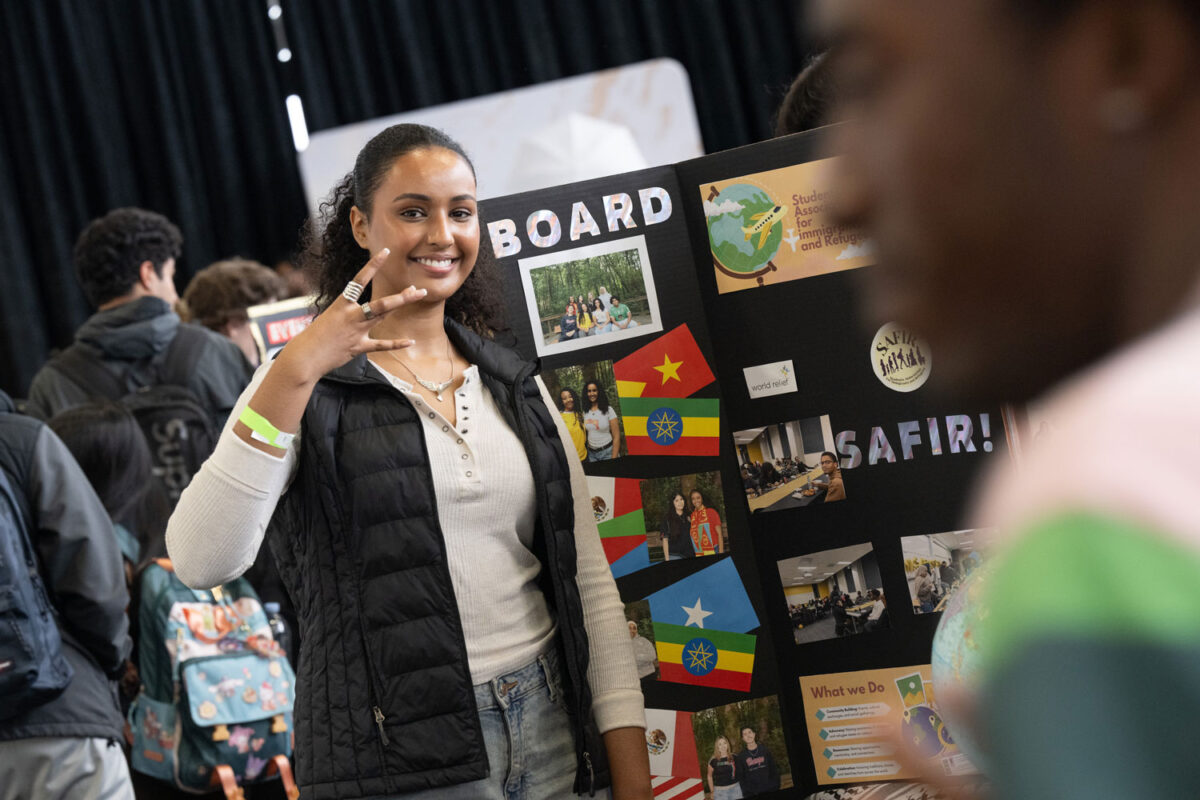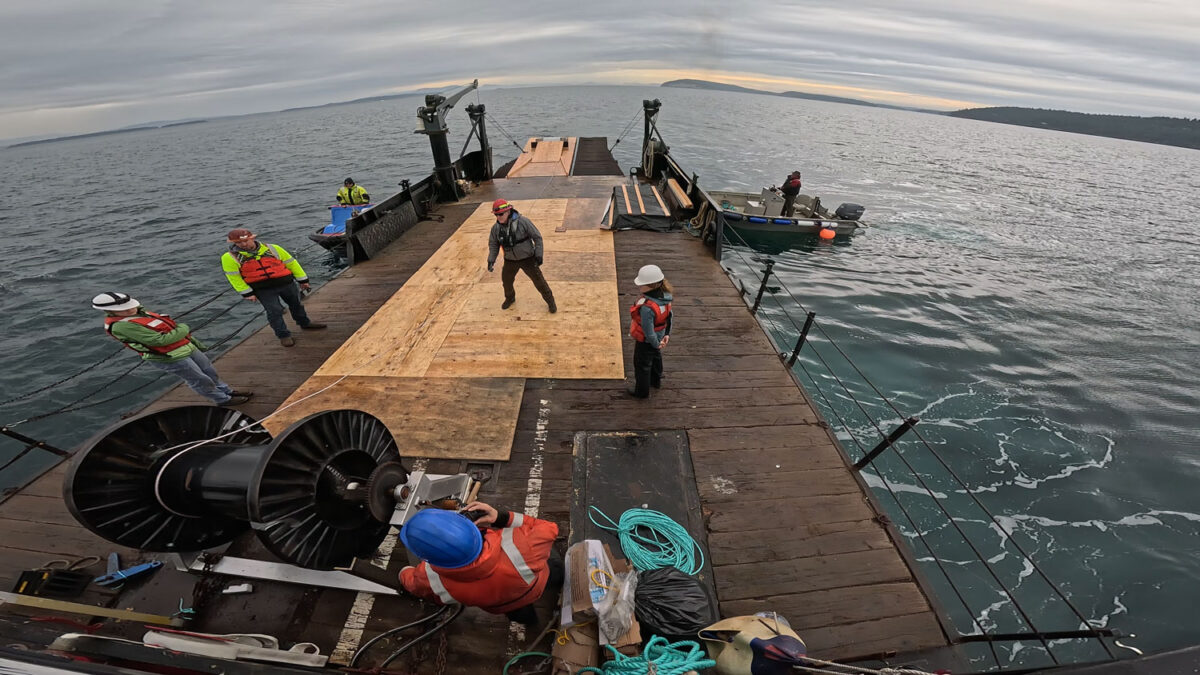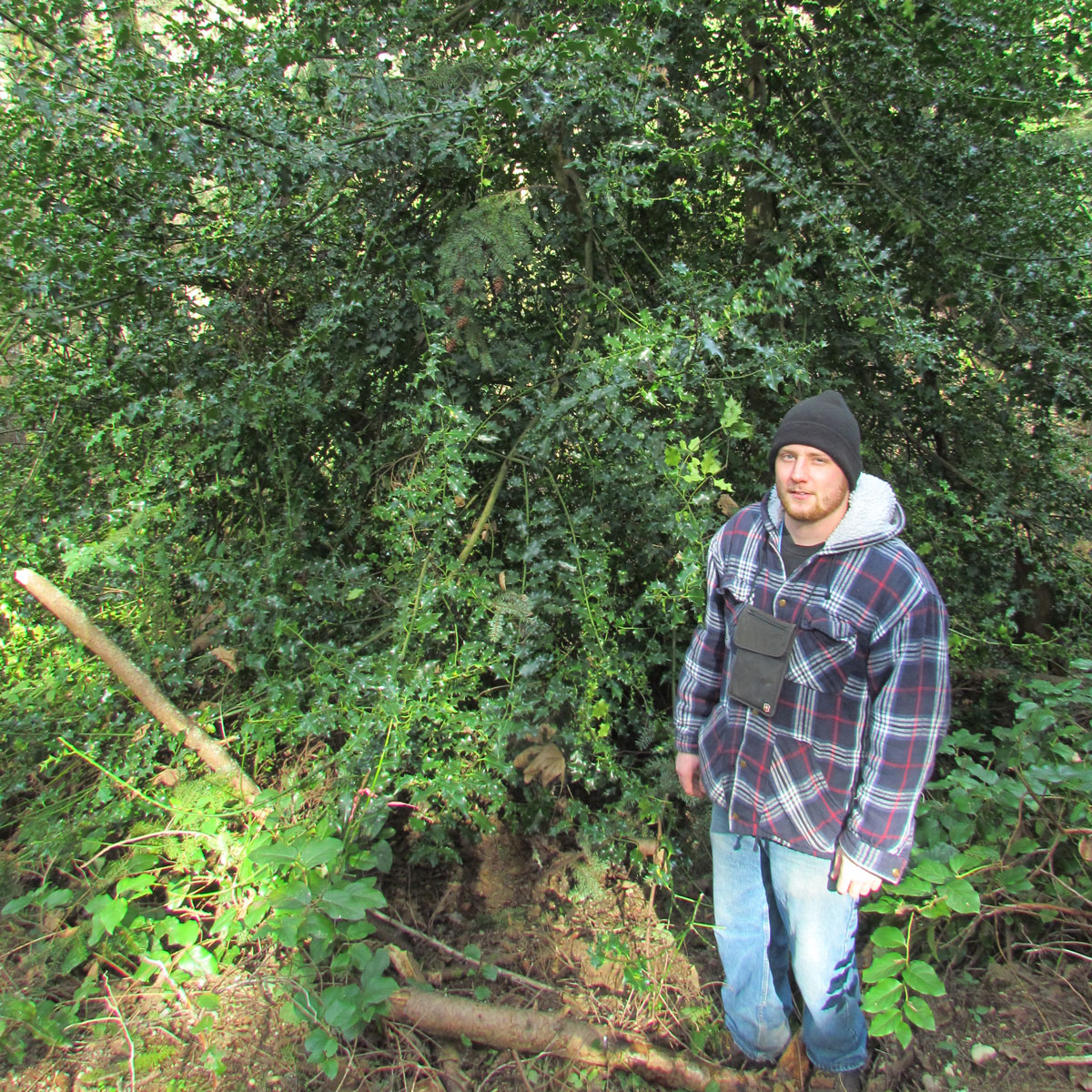How has work in Community-Based Learning & Research changed since remote operations began at UW Bothell? Layla Taylor, program manager, answers a few questions from UW Bothell Director of Communications Maria Lamarca Anderson.
Q. What would you normally be doing now & where?
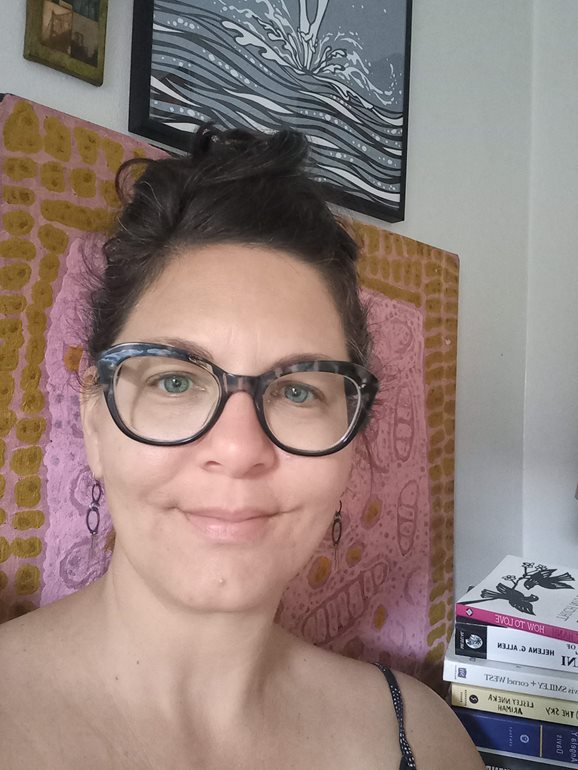
Layla Taylor
A. During the summer, the Office of CBLR spends a lot of time focusing on completing internal infrastructure projects, in between site visits with community partners and much-needed vacation time. I would usually be driving all over King and Snohomish counties to organizations, government offices, farms and parks, and small businesses to meet new and long-time partners in person.
Since the pandemic, we have been meeting with partners remotely through Zoom. Because most of our partners have been working remotely as well, we have actually been able to meet with more community partners in a shorter amount of time than we did when we relied mostly on in-person visits. This summer, I intend to offer our community partners the option to choose between Zoom, phone and in-person meetings.
Q. What are you trying to work on today?
A. Right now, I have a long list of projects that my student employee team and I will work on together, including editing CBLR orientation videos that we can post to our website for fall faculty to use, completing a faculty SharePoint site that houses CBLR resources for new and experienced CBLR faculty, gathering student data and feedback from our quarterly CBLR course surveys, finalizing an MOU process and internal infrastructure for our CBLR community partners — and more.
Q. What adjustments have you made to fulfill your work responsibilities?
A. The CBLR and Achieving Community Transformation teams really came together this past year in ways that were unexpected! Because it can be difficult to schedule all team meetings with competing schedules, Zoom really allowed for us to come together and build community more than we did before. We were able to partner and solve problems — which our student teams said really made a difference during such an isolating and stressful year.
The most drastic adjustments to CBLR courses and partnerships have been working with faculty and community partners to identify and support ways for students to be involved remotely. This has meant getting even more creative about the types of projects and partners we pair with courses. It has also been fundamental in creating more opportunities for students who are not comfortable or able to work on CBLR projects in person. The pandemic has actually expanded access to CBLR opportunities that can be done asynchronously at times outside of the traditional workday, which in turn helps us accommodate more students.
My goal is to continue to develop remote, asynchronous and non-traditional CBLR opportunities,building on this experience.
Q. What are you doing to care for yourself or for others?
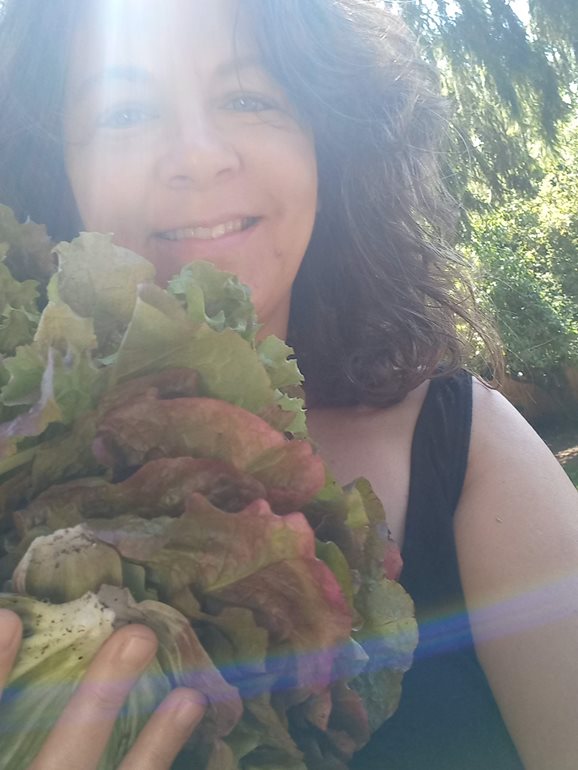
A. I try to spend as much time outside as I can, especially during the warmer spring and summer months. Iam learning how to increase my food yield in my small backyard garden and am trying to collect seeds for next year. It’s a complete experiment for me.
My kids and husband are super into baseball, while I am into art, yoga, walks and lots of quiet time to restore. But I love cheering on my kiddos at their games.Most of my care for others comes in the form of listening and holding safe spaces for students, friends and my family members.
Q. Do you have a change of perspective to share?
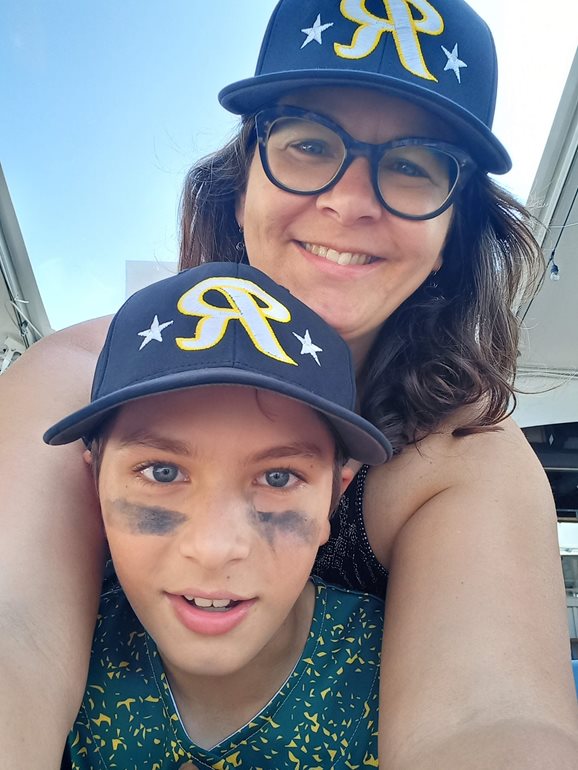
A. When we started working remotely, I was mostly worried about my work bleeding into my personal time and about not being able to maintain boundaries that a commute and physical office can create. And it has been challenging, especially given the many changes, stressors, social upheavals and accompanying anxieties and emotional rollercoasters that I have experienced.
I have always been a fan of more socialist versions of societies, and I think that normalizing and continuously implementing a shorter work week, less emphasis on constant high productivity, opportunities to work remotely and more flexible schedules, as well as human resource supports for self-care, affinity care, reflection and restoration (thank you UW Bothell Office of Organizational Excellence & Human Resources) would greatly benefit staff — especially after learning that all of these things can be done well during a pandemic year. Essentially, we need to remember this going forward and build on it.
Q. What other thoughts or feelings do you want to share?
A. I have heard so many students, faculty and staff share how isolated they feel, and how they crave contact with each other, community gatherings and opportunities to work in person again. There is no substitute for our spontaneous, in-person exchanges or watching students bring life to campus with their energy, music and causes.
I just want us all to remember that due to this year away from campus, there are also folks who have decreased their stress and can function more fully, have more access due to remote opportunities, have innovated solutions for their communities and have found restoration in the quiet and slower pace. As many have said already, we don’t have to go back to normal, but we can create a new normal that is far more inclusive, considerate and aware of our impact on each other and, especially, the Earth.

